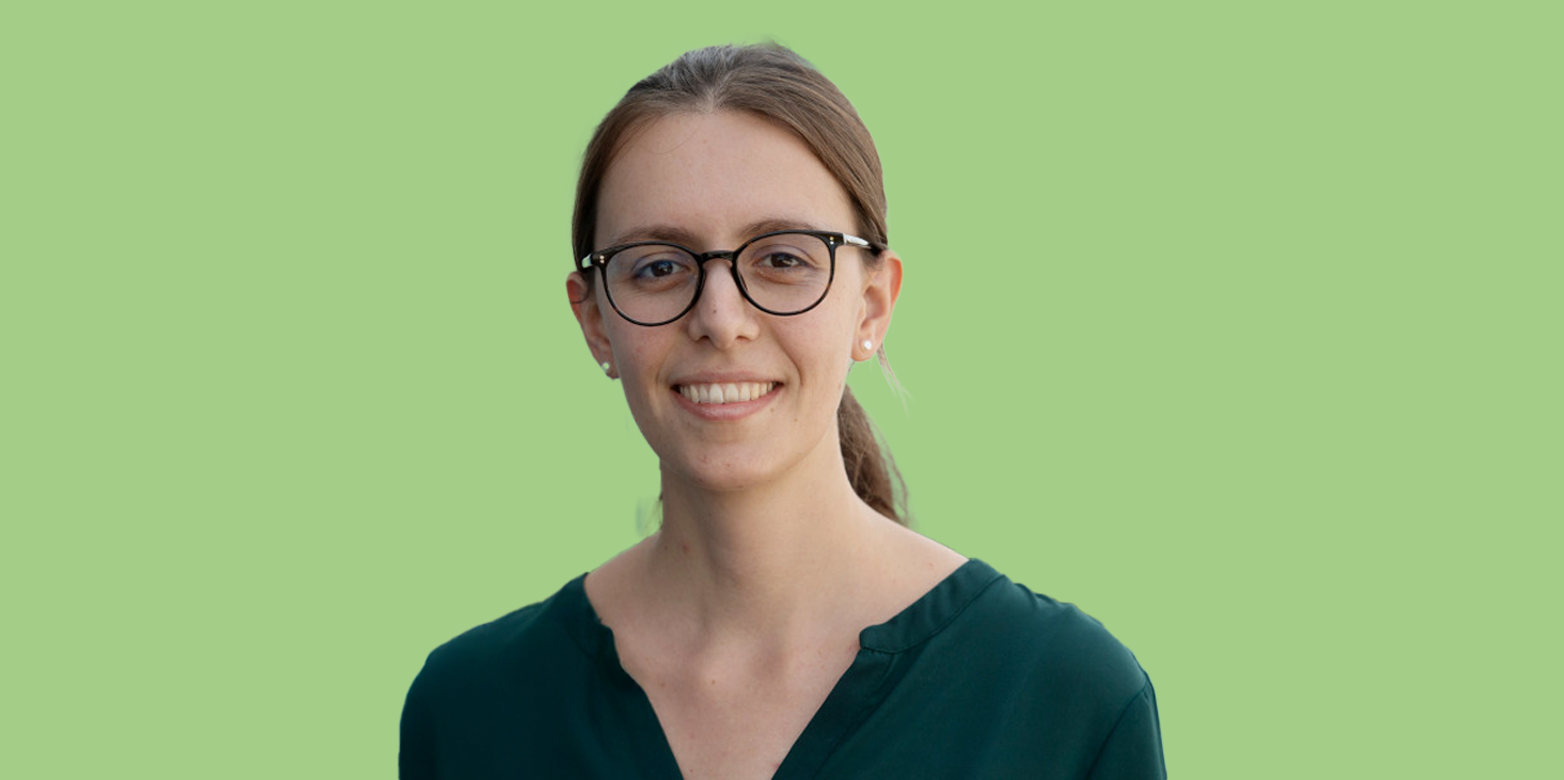Welcome, Vera Traub
Vera Traub will assume her position as Associate Professor in April. In this interview, she discusses the aspects of her role that are particularly important to her, the real-world applications of the Travelling Salesman Problem, and shares a piece of advice for first-year students.

In December 2024, Vera Traub was appointed as Associate Professor of Computer Science at ETH Zurich. She previously worked as a Professor at the University of Bonn. Her award-winning research deals with fundamental questions on efficient computation of solutions for difficult optimisation problems.
Professor Vera Traub, what sparked your interest in computer science?
Before university, I did not have any exposure to computer science, and I decided to study mathematics. During my studies I took some courses on algorithms, and I was intrigued by the combination of beautiful mathematical theory and practical problem solving. Thus, I specialised in combinatorial optimisation at the intersection of mathematics and computer science.
What factors contributed to your decision in favour of ETH Zurich?
A few years ago, I had the great pleasure of spending two years as a postdoc at ETH Zurich and I really enjoyed the vibrant research environment. ETH provides excellent conditions for research and has strong students. I am very excited to return to ETH Zurich – now as a professor.
“In teaching and within my research group, I find it important to have an interactive atmosphere, where everyone feels comfortable to voice questions and contribute their own thoughts and ideas. ”Professor Vera Traub
What aspects or principles are particularly important to you as a professor?
In research, I try to focus on fundamental questions and aim at results that significantly advance our understanding, rather than on the quantity of results. In teaching and within my research group, I find it important to have an interactive atmosphere, where everyone feels comfortable to voice questions and contribute their own thoughts and ideas. I believe that this is crucial for a productive working and learning environment.
What is your field of research?
I work in combinatorial optimisation and approximation algorithms. A prominent example of the kind of problems I study is the Travelling Salesman Problem. Here we are looking for the shortest tour to visit several places. Because an optimal tour can be very difficult to find, we develop approximation algorithms. These are algorithms that will always find a tour that is not much longer than the shortest one within a reasonable computation time.
Another example of a combinatorial optimisation problem is the Steiner tree problem, which is about finding the shortest or cheapest possible way to connect a given set of locations. Again, an optimal solution can be difficult to compute, and we thus develop approximation algorithms.
Which aspect of your research fascinates you the most?
Many of the problems I work on, such as the Travelling Salesman Problem, can be described very easily, but are extremely difficult to solve. They have often been studied for several decades and despite exciting developments in recent years, many basic questions are still open. I find it particularly fascinating that the research on these seemingly simple questions leads to the development of a very rich set of algorithmic techniques that are often applicable beyond the particular problem one is studying.
Where do you see the societal benefit of your research?
Combinatorial optimisation problems show up in a huge number of practical applications, for example in logistics. Here, better algorithms for tour planning can lead to more efficient tours and a reduction of CO2 emissions.
My research contributes to a better understanding of the basic combinatorial problems appearing in such real-world applications and to the development of new algorithmic techniques. Most of my research focuses on the theoretical foundations, but I have also worked on applied projects in cooperation with industry partners.
“I find it particularly fascinating that the research on seemingly simple questions can lead to the development of a very rich set of algorithmic techniques that are often applicable beyond the particular problem one is studying.”Professor Vera Traub
What advice would you give to computer science students just starting out?
Ask questions – in classes but also with your fellow students. By discussing new material together, you can learn from each other. Explaining a concept to others is also a great way to deepen your own understanding.
Outside of academia, do you have any hobbies or interests that you’d like to share with the D-INFK community?
In my free time I enjoy playing board games and hiking. I am very much looking forward to the beautiful landscape and the many hiking options in Switzerland.